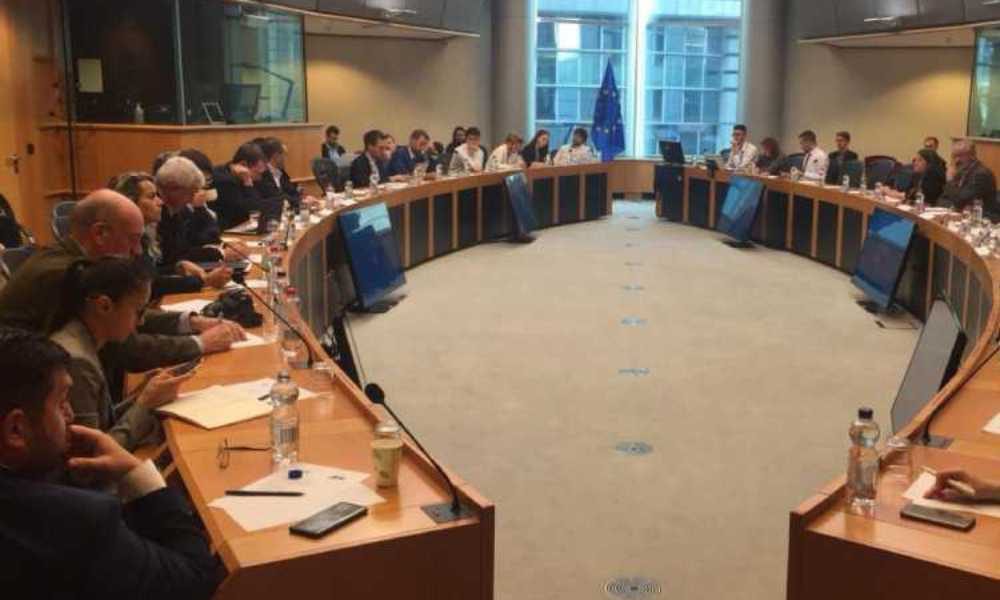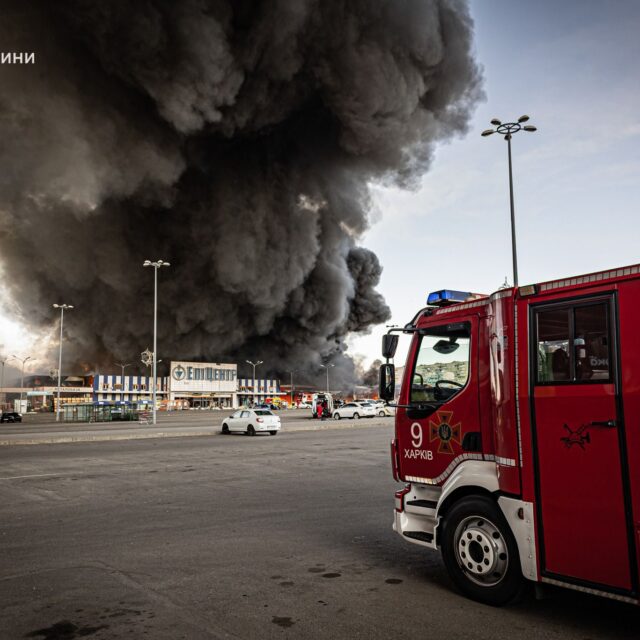The European Commission has been urged to do more to tackle “very serious” judicial irregularities in Romania, writes Martin Banks.
A hearing in Brussels on Wednesday heard that these include “mass surveillance” of the Romanian population, collusion between the secret services and the judiciary and blackmailing of judges.
The demand comes just ahead of the Commission’s latest Cooperation and Verification Mechanism (CVM) on Romania.
This is the annual “health check” on the state of justice and the rule of law in Romania, which is due to assume the presidency of the EU on 1 January 2019.
The hearing, at the European Parliament and hosted by Romanian ALDE MEP Norica Nicolai, is particularly timely with the European Parliament expected to vote on a resolution on the issue at its plenary in Strasbourg in just over a week.
One of the guest speakers, human rights campaigner Daniel Dragomir, said the problems question the readiness of Romania to take over the helm of the EU at a critical time in its history with Brexit and Euro elections due to take place during its 6-month presidency.
Dragomir founded Romania 3.0, a new political movement which campaigns for the respect of human law. He highlighted three areas of concern, including the use of what are known as secret protocols, or documents agreed between prosecutors, the secret services and the Supreme Court. Dragomir said that these documents are withheld from defendants and their representatives in criminal cases, in breach of international standards.
The country’s Constitutional Court is due to rule on the legality of such practices later this month.
A second concern is the alleged surveillance by the police of an estimated 6m people, both Romanians and EU nationals, equivalent to two thirds of the country’s population.
Dragomir, a former intelligence officer in Romania, told the meeting that some 311,000 “interception orders”, or warrants, were issued between 2005-2016. Eighty people, he said, faced more than one warrant.
The matter, currently being investigated by the Romanian parliament, constitutes a breach of EU treaties, he argued.
A third issue highlighted is the alleged “pressure” including blackmail, facing Romanian judges from prosecutors and the secret services.
Dragomir said that a report by Romania’s Judicial Inspection revealed that currently some 3,400 cases were under investigation.
He told the meeting, “All this is more reminiscent of what went on in Romania under Ceausescu and the Securitate and not a supposedly functioning European democracy.”
The Securitate was the popular term for the Departamentul Securității Statului (Department of State Security), the dreaded secret police agency of Romania while Ceausescu was Romania’s long time Communist leader.
Dragomir added, “The MO reminds us of what went on in the communist past rather than an EU member states today.”
He said his new political party, created in December 2017, sought to press the EU and international community to act. “The rule of law, democratic accountability and judicial independence cannot be threatened by an unaccountable cabal at the highest levels of Romania’s anti-corruption and intelligence apparatus.”
Also highlighted at the hearing was the CVM, the EU’s rule of law mechanism which aims to ensure that both Romania and Bulgaria meet international standards on human rights, the rule of law and respect for the judiciary.
Although Romania joined the EU on 1 January 2007, it was considered necessary to be still subject to such controls.
Another speaker, former UK foreign office official David Clark, said that past CVMs on Romania had made “no mention whatsoever” of the issues highlighted at the hearing.
Clark, also a former close aide to the late UK foreign minister Robin Cook, said, “Romania is one of a number of serious governance issues the EU has to deal with. It is up there with Hungary and Poland as a problem but, in the case of Romania, the EU does not seem to want to know.”
He added, “It is clear that the fight against anti-corruption bureaucracy has been taken over by elements of the secret services which are trying to claw back powers lost after the fall of communism”.
The author, Martin Banks, is a free lance journalist based in Brussels.




